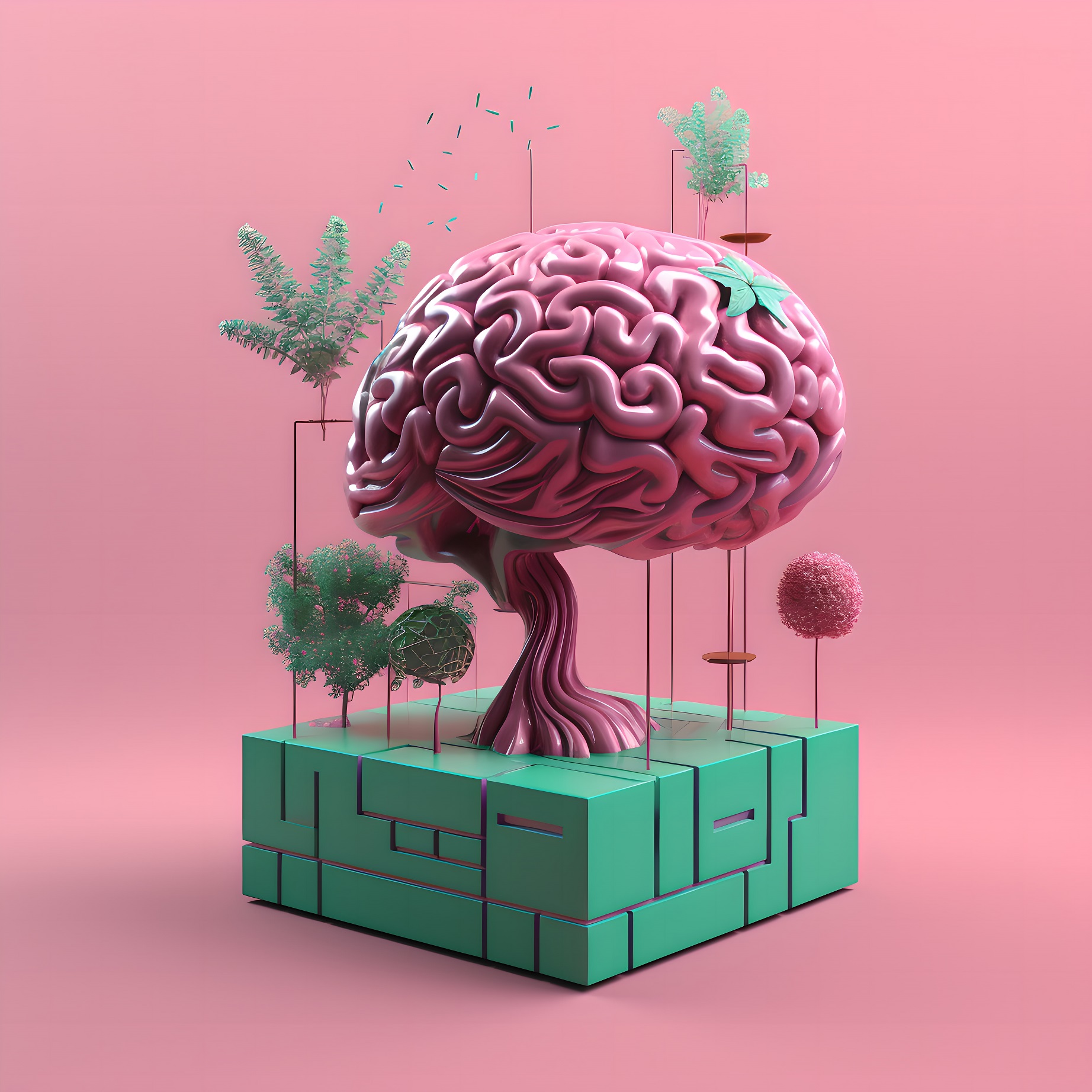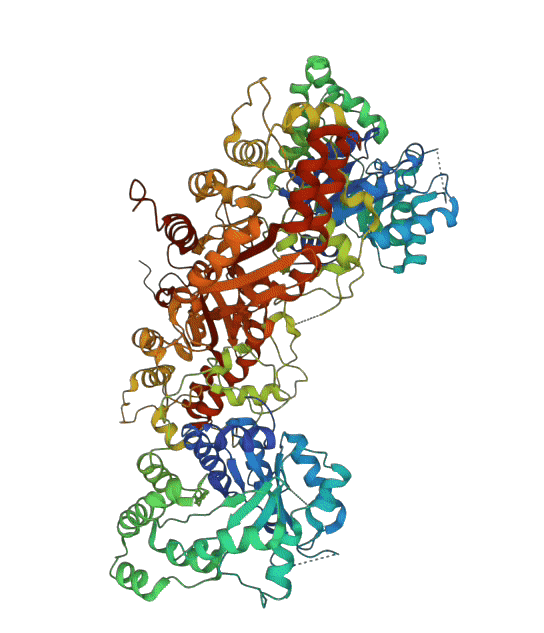The Gene Gazer Story
Know thyself!

Gene Gazer is all about offering a holistic, personalized service to provide personalized information about your genetic code. You're one of a kind, and you deserve tailored support to unlock your full potential. By understanding the building blocks of your mind, we provide personalized strategies to help with risk factors for depression and anxiety by providing insights into the Folate Cycle and the SNPs which affect it. But how did we get here?
Let's face it: genetics can feel like the Wild West. It's brimming with potential, yet often seems confusing and murky. That's where we come in! Gene Gazer has invested years in rigorous research to pinpoint those specific genes with the most significant impact on your well-being and mental health. We're excited to share our knowledge and expertise, empowering you to make the best choices for your health and wellness journey.
We’re a long running project, started initially as research into the emergent world of the applications of genetics and mental health and continuing through various iterations since 2017. The current analysis program, the website you’re currently visiting, has been about 3 years of work.
In 2023 Gene Gazer partnered with the team at the AWS Health Equity Initiative, which aims to reduce healthcare disparities and help us leverage the cloud to understand genetic risk factors. This generous grant, together with the monumental advances in large language models in the last year, brought into focus new way of looking at genetic risk factors. Applying existing, commercially-available, and evidence-based recommendations to help personalize your supplements to boost your mood and read your brain’s code!





